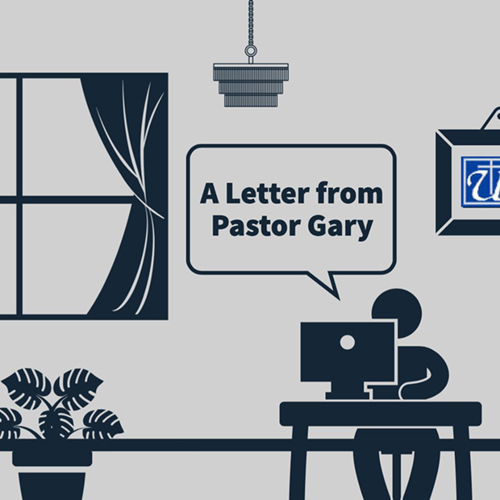
Have you ever said something like, “I know I am a sinner…..” and then added to that beginning statement by pointing out some fault in another or, perhaps, even some specific fault in yourself? I am certain you have thought about yourself as a sinner, and done so very much more than once.
Many times people claim they do not go to a church because of all the hypocrites there. When this is said to me, my response is, “Yes, we are, come join us!” You and I worship in part because we realize we are hypocrites. We wish to be or do one thing, but seem far too often to be or do something else….something we may greatly dislike.
Talk of sin in the church and among Christians generally is about individual sin; personal sin. It is about sin I or another has committed. Sometimes it may be extended to a certain group, say the KKK or the New York Yankee and their fans…( just kidding on the latter…well, a little).
The word systemic has come into vogue as of late. Most often we hear of systemic racism; that is racism built into various cultural and societal systems. Many protest this claim. It is often thought systems may be functional or efficient or not functional or efficient, but certainly they cannot contain sin in their structure. Structures are neutral and, in a sense, secular; that is they have nothing to do with God.
Ah, but who designs systems? Who puts systems into place and make them function? People. Sinful people. People who design systems to serve their ends. Sinful people put them together from their own perspective, leaving out other understandings and needs. The stain of sin in us can be like a finger print or DNA deposit we leave on systems in which we design or take part. This is especially so when those of power operate, drive, and participate in these systems. If sinful people design and take part in the systems of our culture (and yes, this includes the church) why would these systems be without sin?
Sin can be corporate as well as individual. Groups have their own often unique deposit of sin. When I become a pastor to a congregation I listen, look, and reflect to discover what unique gifts this community might have. I also do the same to locate the distinctive sin that may lurk within the community. And I realize as I cannot as pastor distance myself from my new community, I too will become touched by its gifts and infected by its sin.
What is the task at hand for followers of Jesus in a world with many and various systems? It is to look, listen, and think about not only those within a system, but, perhaps especially those outside. It is to notice who may not share in the power of designing and implementing systems….who is missing? It is to understand sin is more than just something I have….it can be contained in some of the systems we most cherish. Our task, literally our call, is to confront and work to change the sin that may hold down or leave out some who may be seen and understood as “other.”
Jesus was put to death by a systemic issue. It wasn’t just Judas, Pilate, Herod, the Sanhedrin, the Romans, or the crowd who had Jesus killed. There was also very much a structure of power at work that was threatened by the Jesus who challenged it. The system worked, but it did not work for God and the ways of God. Thankfully God allowed neither the people nor the systems involved in putting Jesus to death have the final word.
We hypocrites need to come to understand sin is not just my personal struggle. In the church it is our struggle. In the world it is also our struggle. It is the struggle of sinful humans along with the structures they create, inhabit, and from which they benefit. We hypocrites need to look past our mirrors to see sin and hypocrisy. God grants us forgiveness in the one put to death by people and systems, but risen by God alone. God grants forgiveness so we can recognize and change that which is found to be sinful in our systems. Take heart. God still rises God’s people from even deadly systems.
